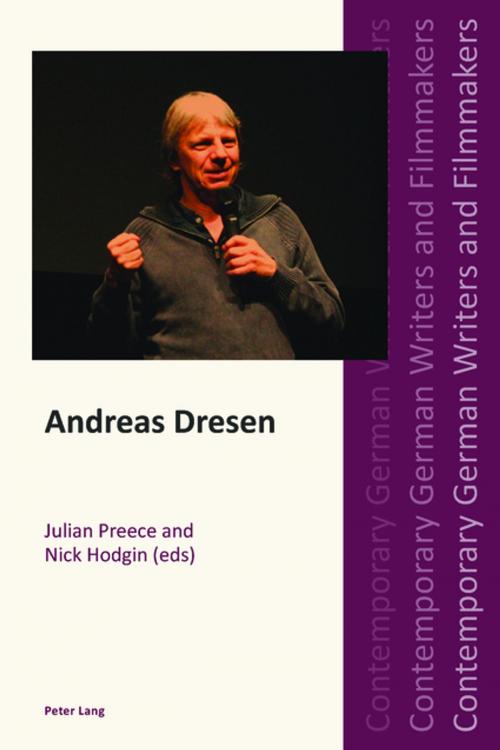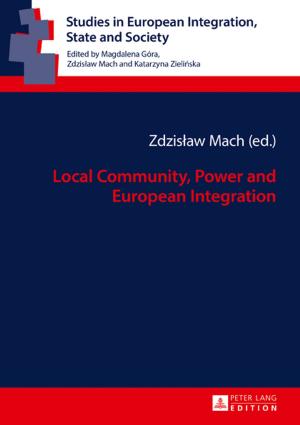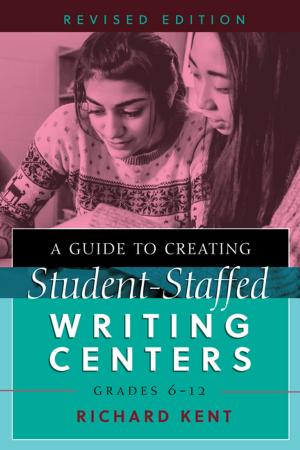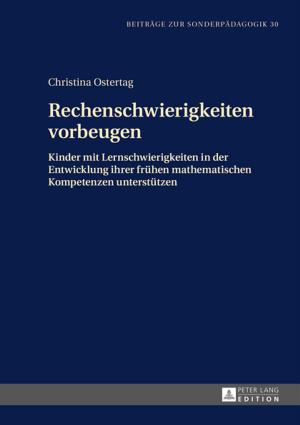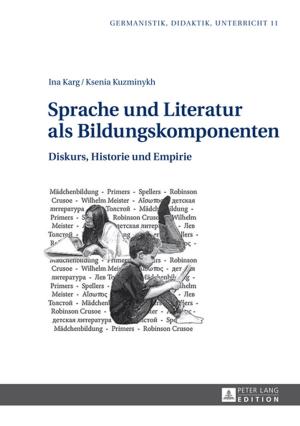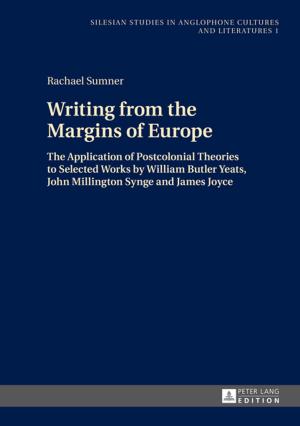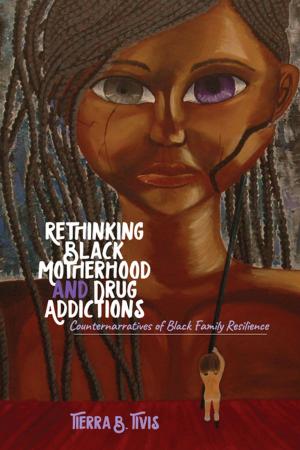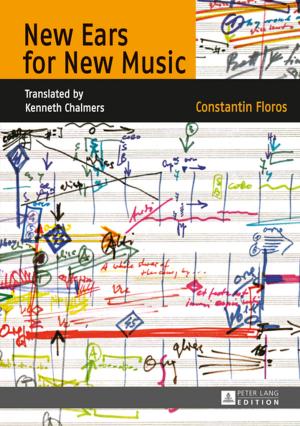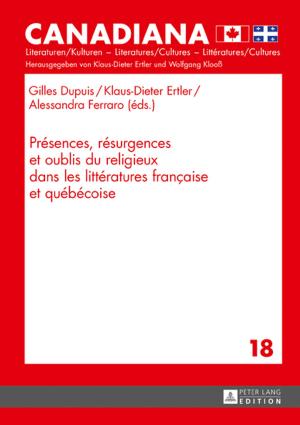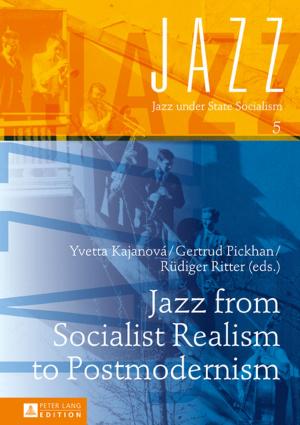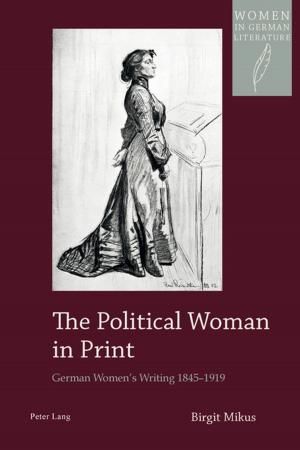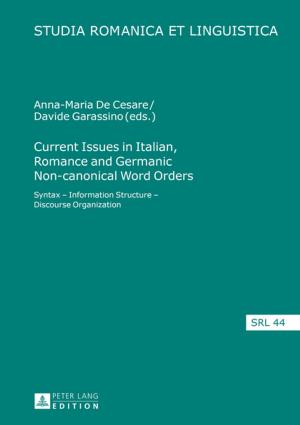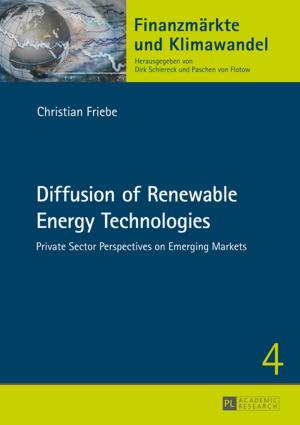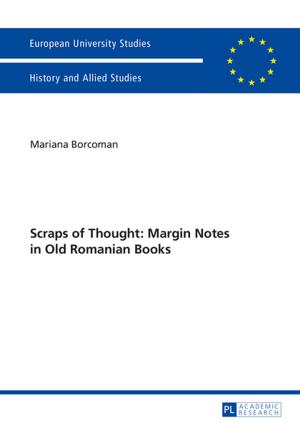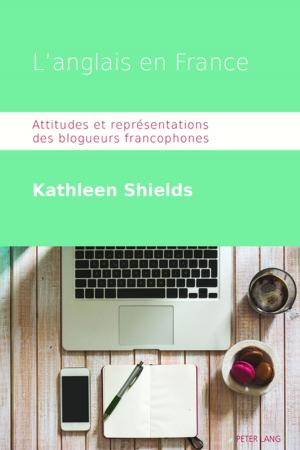| Author: | ISBN: | 9781787072053 | |
| Publisher: | Peter Lang | Publication: | January 25, 2017 |
| Imprint: | Peter Lang Ltd, International Academic Publishers | Language: | English |
| Author: | |
| ISBN: | 9781787072053 |
| Publisher: | Peter Lang |
| Publication: | January 25, 2017 |
| Imprint: | Peter Lang Ltd, International Academic Publishers |
| Language: | English |
Andreas Dresen is a leading European filmmaker whose œuvre now spans three decades and includes some of the most acclaimed German films of recent times, such as Halbe Treppe (Grill Point, 2002), Sommer vorm Balkon (Summer in Berlin, 2005) and Halt auf freier Strecke (Stopped on Track, 2011). The essays collected in this volume by leading scholars from the USA, UK and Ireland place him in the tradition of auteur cinema while emphasising his roots in the pre-1990 film industry of DEFA in the GDR. Dresen works with an established team of performers, technicians and scriptwriters, uses improvisation and non-professional actors, and makes music and song an integral component of many of his films. He is a scholar-filmmaker who pushes at the boundaries of his chosen modes and genres (documentary, neo-realism, films about films or literary adaptation); he is socially committed, casting a Brechtian eye on interpersonal encounters in neoliberal environments; and he is always interested to tell universal stories from the localities he knows best, the working-class milieus of Germany’s east.
Andreas Dresen is a leading European filmmaker whose œuvre now spans three decades and includes some of the most acclaimed German films of recent times, such as Halbe Treppe (Grill Point, 2002), Sommer vorm Balkon (Summer in Berlin, 2005) and Halt auf freier Strecke (Stopped on Track, 2011). The essays collected in this volume by leading scholars from the USA, UK and Ireland place him in the tradition of auteur cinema while emphasising his roots in the pre-1990 film industry of DEFA in the GDR. Dresen works with an established team of performers, technicians and scriptwriters, uses improvisation and non-professional actors, and makes music and song an integral component of many of his films. He is a scholar-filmmaker who pushes at the boundaries of his chosen modes and genres (documentary, neo-realism, films about films or literary adaptation); he is socially committed, casting a Brechtian eye on interpersonal encounters in neoliberal environments; and he is always interested to tell universal stories from the localities he knows best, the working-class milieus of Germany’s east.
